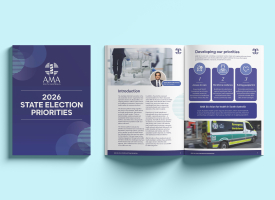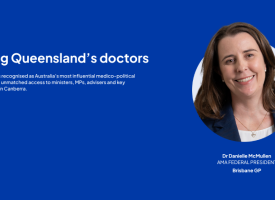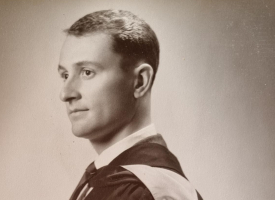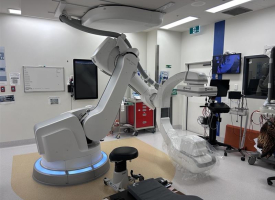Vice President: Prioritising patient safety over fragmented solutions in healthcare
The Labor campaign proposal to introduce nurse-led urgent care is something we as the AMA, strongly oppose.
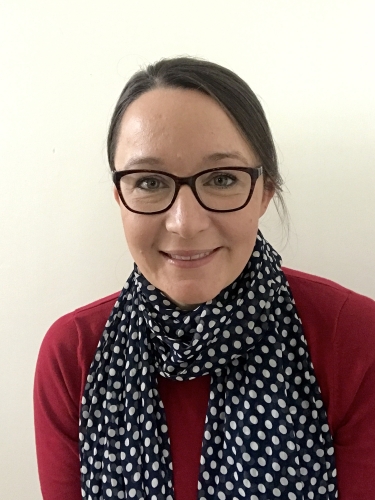
Our opposition should come as no surprise given our consistent stance against similar moves, such as the Liberal government's expansion of the scope of practice for community paramedics and pharmacists.
This latest foray into scope of practice expansions will end in worse health outcomes for patients because we are setting up individual healthcare providers to work in isolation rather than bringing together the strength of a healthcare team.
I have been a doctor for 14 years and a GP for half that time.
I have seen the "UTI" that's an ectopic pregnancy, the scared parents worried their sick child has meningococcal, the older patient with terrible indigestion who is having a heart attack.
Our job can be fantastic, but it can be scary - people can get sick quickly, and bodies can do tricky things.
When I'm faced with a sick patient, one that makes my own heart rate rise, what helps make that situation better for me but most importantly for the patient in front of me, is my training and experience and the fact that I don't work alone - I work in conjunction with a brilliant bunch of doctors and nurses who I can ask for an opinion, bring in to help and lean on for their knowledge and skills that complement my own.
Scope of practice defines the range of activities that different health professionals are trained to perform.
General practitioners have a particular skill set, while paramedics, pharmacists, and nurse practitioners have complementary yet uniquely different skill sets.
I have worked with some excellent nurse practitioners throughout my career as a doctor, but the key words there are 'worked with'.
Instead of pursuing nurse-led clinics, we should prioritise models that foster teamwork, ensuring nurse practitioners have the opportunity to work *alongside* GPs, pharmacists, and allied health professionals.
A model that combines our respective skill sets to deliver the best possible care tailored to the unique needs of our patients. Such collaborative practices enrich patient outcomes and enhance the overall efficacy of healthcare delivery.
If we are committed to discussing innovative ideas to reform our struggling healthcare system, we must remain vigilant in ensuring these new models centre on patient safety first and foremost.
We discuss the concept of fragmenting care.
What we mean by this is that having multiple healthcare professionals working independently is much like having too many cooks spoil the broth; too many decision-makers can also spoil the healthcare.
Fragmenting care is known to lead to worse health outcomes, regardless of any other factor.
I am deeply concerned that we are heading down a similar path to other countries, one in which a two-tier healthcare system could emerge, where those fortunate enough to access comprehensive medical care led by healthcare teams receive markedly better health management than those who bounce between band-aid solutions, such as nurse-led clinics.
This disparity is especially pronounced in rural and underserved areas, where access to healthcare is already a challenge.
If the genuine goal is to improve our Tasmanian healthcare system, rather than win votes, then I, for one, would rather not pursue hollow solutions that divert our attention from the core principle of quality care.
Instead, let's focus on Modernising Medicare, raising the patient rebate for seeing a GP, enhancing investment in medical training and education, and fostering robust support for the skilled workforce of general practitioners who already dedicate their lives to patient care.
By no means do we want to throw the baby out with the bathwater; instead, we should focus on models that promote teamwork. In that way, we combine our skill set and ultimately deliver better care for our patients.
We do need to consider new ideas as we watch our healthcare system struggle. Still, these new models must prioritise patient safety above all.>>>ENDS
